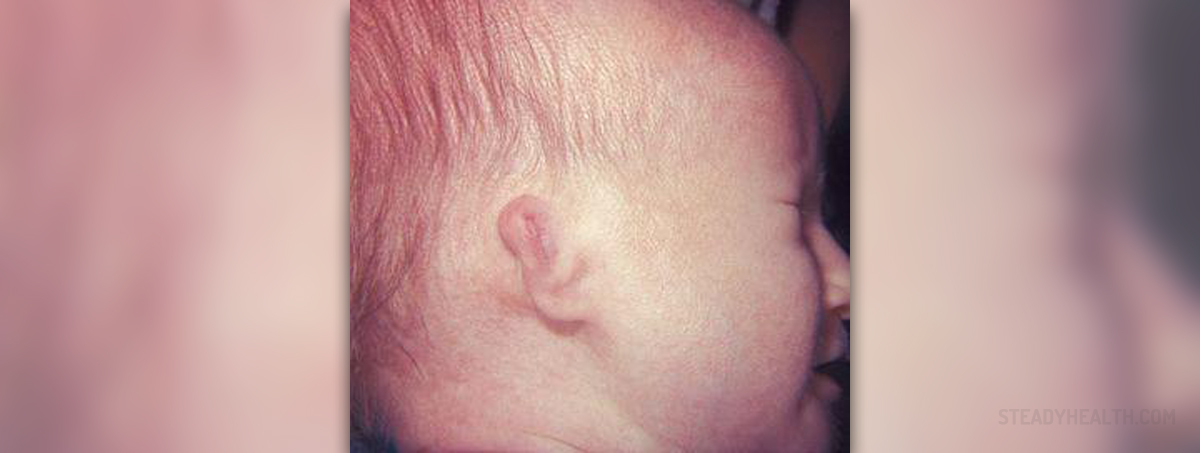
Hearing loss in children is usually present at birth (which is known as congenital deafness) or acquired some time later in life. Congenital deafness is commonly seen in babies whose mothers were exposed to different infections during pregnancy, such as cytomegalovirus (CMV), toxoplasmosis or German measles (rubella). Family history of deafness and some genetic disorders like Down’s, Usher’s or Waardenburg’s syndromes may also be responsible for deafness at birth. Other causes of this problem could involve: disorders of the brain and nervous system, birth complications or the use of medications toxic for baby’s ears during the pregnancy.
Acquired deafness may be provoked by different infections, loud noise, ototoxic (toxic for the ears) drugs, eardrum perforation, untreated infections of the middle ear, or conditions such as otosclerosis or Meniere’s disease.
Recognize the Symptoms of Deafness
As a routine practice baby’s hearing is tested right after the birth in hospital, which enables quick intervention if the baby has hearing problems. However, in some cases, parents might notice hearing loss symptoms when they took the child home. Because of that, every parent should be careful and monitor his kids hearing, in order to consult the doctor if there is some problem.
Babies from birth to 4 months of age suffering from hearing loss might not be awaken or stir at some loud sounds in their environment. Loud noises could have no effects on these kids and the sound of his or her mom or some other familiar voice may not be enough to calm the child. Unresponsiveness to the parent’s voice by smiling or cooing may also indicate presence of some hearing loss in newborn children.
Testing and Treatment of Congenital Deafness
Infants suspected to suffer from deafness can be tested and evaluated for hearing loss. These tests can determine the nature of hearing loss and its type. Since the babies can’t respond properly, there are special physiologic tests for their hearing loss. In general, tests don’t take more than 30 minutes and the baby won’t be exposed to anything dangerous or feel any pain during the procedure.
If the child was diagnosed with hearing loss, he or she will usually be referred to some pediatric specialist for the ear, nose and throat problems. Children might get some hearing aids or amplification devices, depending on the cause of the hearing disorder. Audiologists are usually very helpful to guide you and your kid through selection, fitting and the use of these devices.


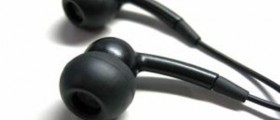
-In-Infants-And-Older-Children_f_280x120.jpg)
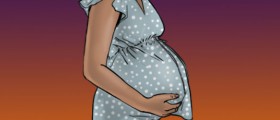
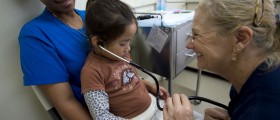



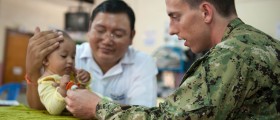
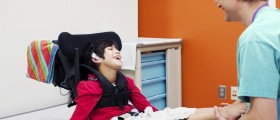
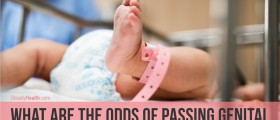

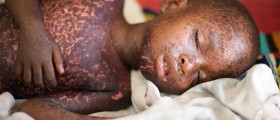
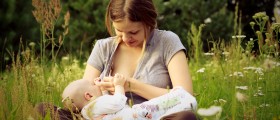
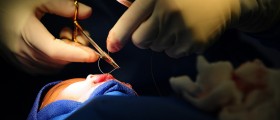
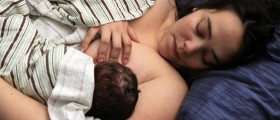
Your thoughts on this
Loading...